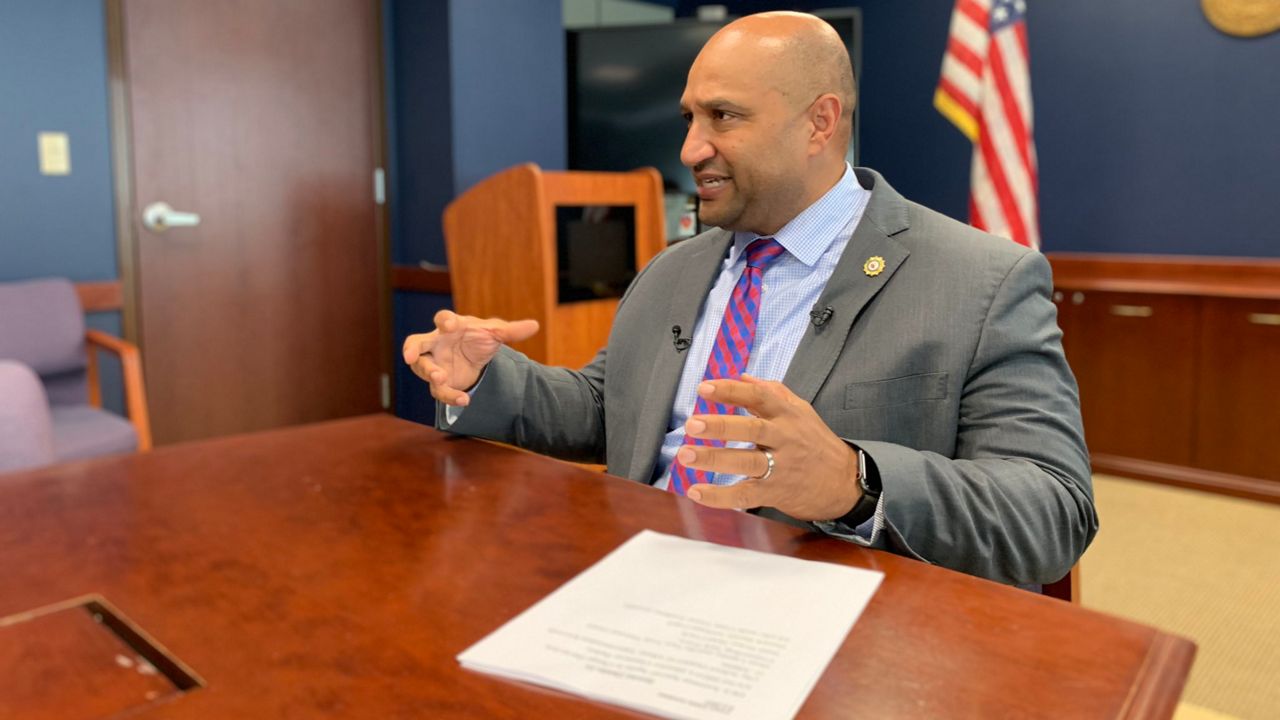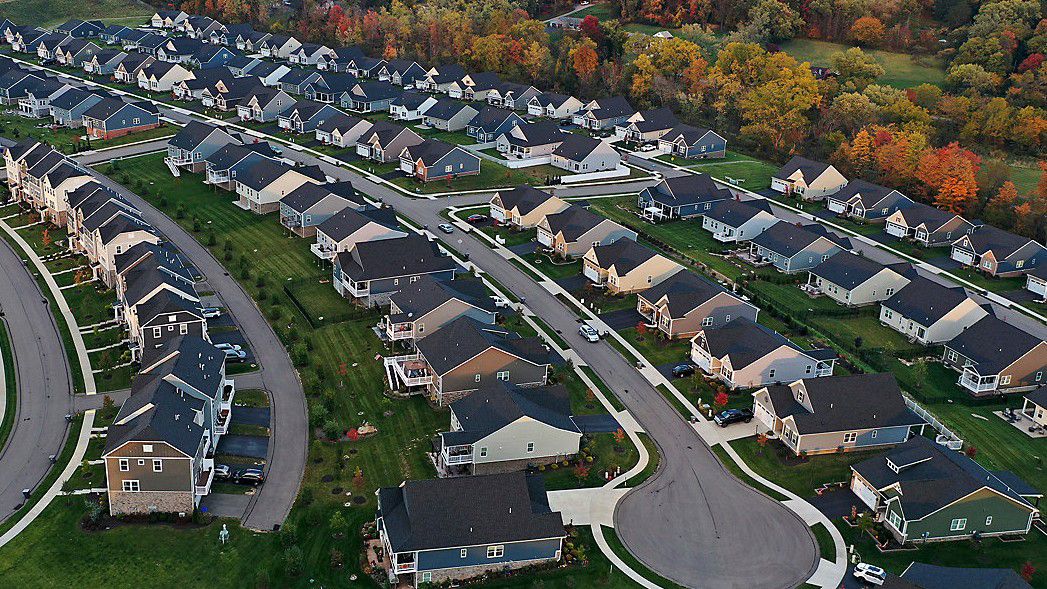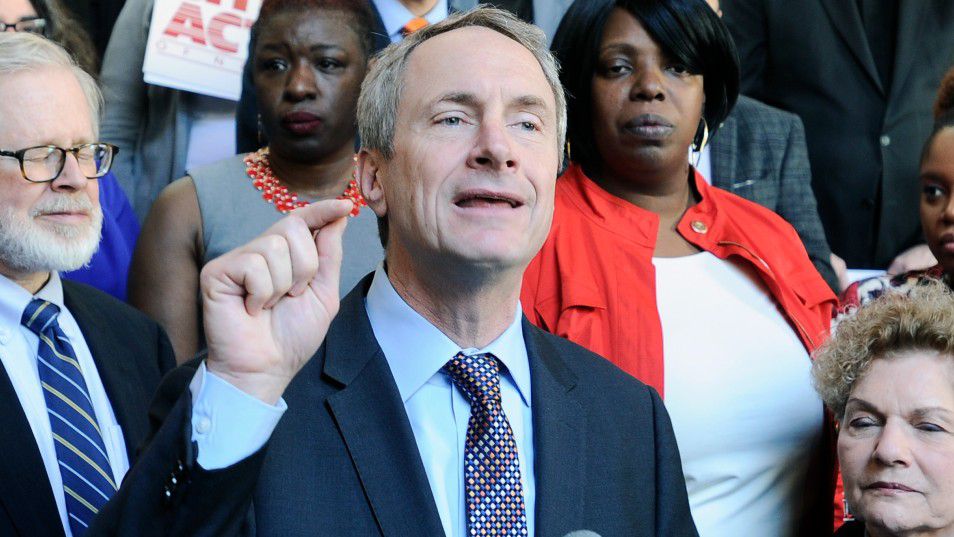LAKE GEORGE, N.Y. — Every winter for years, road crews applied roughly 30,000 tons of road salt just in the Lake George basin.
But five years ago, leaders in the region noticed a dramatic increase in the lake's salt concentration and set out to change things.
"Our position is there's no time to lose in solving a problem that's only getting worse," Eric Siy, the executive director of the Fund for Lake George, said.
He said elected officials, environmentalists, and private business owners all came together. SIY said they've reduced road salt use by more than 50 percent on some of the state's most treacherous roads.
"The solution is simple," he said. "We're not landing anyone on Mars here. We're simply using salt smarter."
Part of the solution is a solution. Truck operators brine roads with saltwater prior to weather events so ice can't bond with them.
Step two is effective plowing.
"A live edge plow is like a razor with a pivoting head," Siy said. “It gives the road a much closer shave."
Other regions of the state are finding rock salt to be a problem. It's corrosive for cars and bridges, gets in drinking water, and can kill vegetation.
"It's an accumulation of impacts that's having both serious economic and environmental impacts," Siy said.
That's why state lawmakers last year passed legislation starting a pilot program in the Adirondacks. The governor signed it earlier this month.
Over the next several years a task force of appointees will look at the impact of salt and come up with recommendations to reduce it.
"What we offer is a working example of how to get this done, not just study the problem but solve it, and we've demonstrated broad buy-in and participation across sectors," Siy said.
Although the study is centered around the Adirondacks, Siy said it will have implications for the entire state and he says there's no place too cold or snowy to change its methods. Buffalo lawmaker Tim Kennedy sponsored it in the state Senate.
"If we can do it out in Lake George we can do it anywhere. That's the bottom line and we are doing it and the numbers tell us we are saving major sums of money in the process and we're protecting our environment," Siy said.









